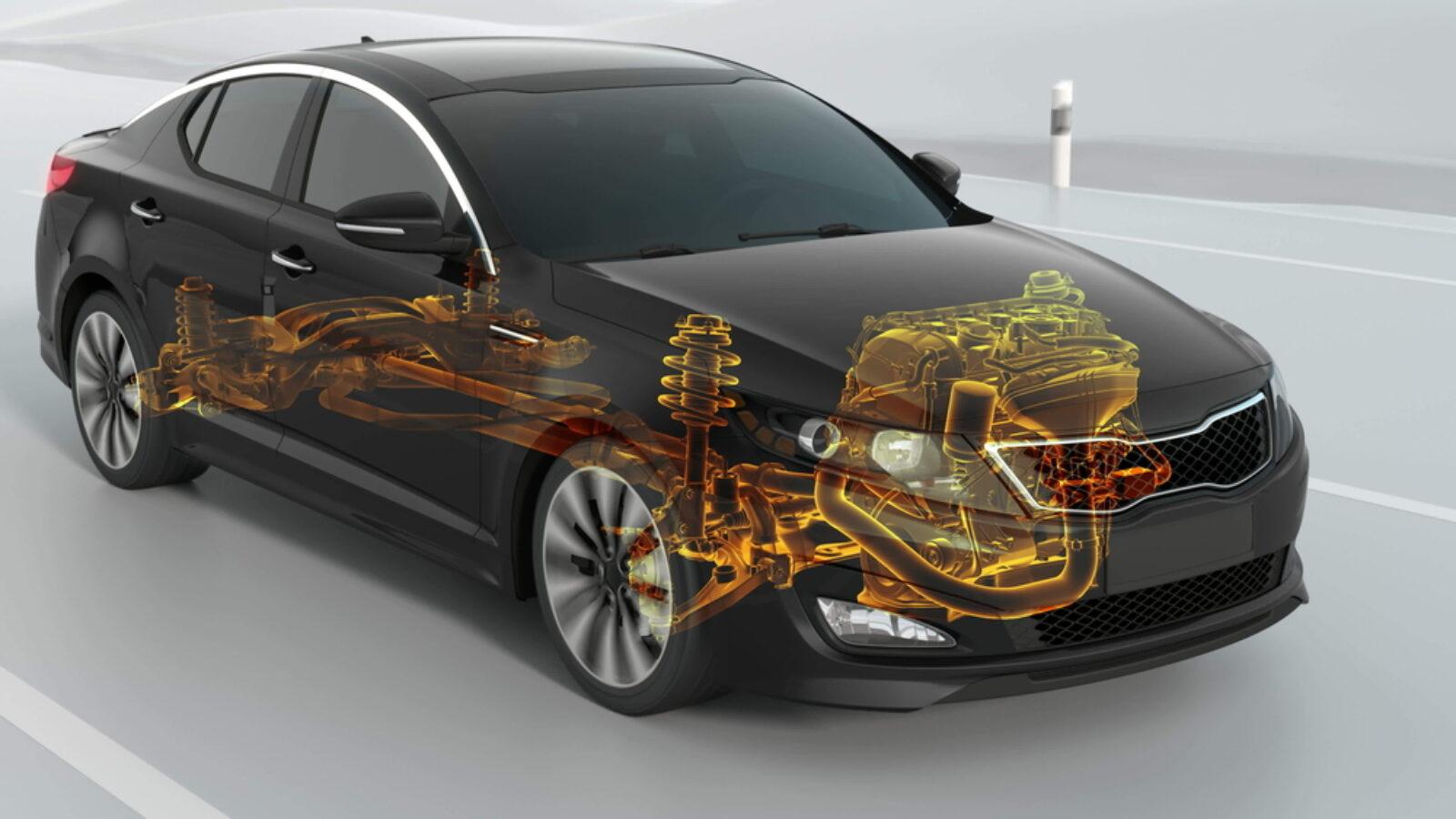Synthetic fuels or E-Fuels
E-fuels, also known as synthetic fuels, are fuels produced by converting electricity, water and carbon dioxide (CO2) into liquid or gaseous fuels, such as gasoline, diesel and hydrogen. The production process requires electricity from renewable sources, such as wind or solar energy, to convert the CO2 into synthetic fuels.
More sustainable alternative?
E-fuels have been conceived as a more sustainable option than traditional fossil fuels, as the CO2 released from using the fuel can be reabsorbed during the production process. This reduces greenhouse gas emissions and can help make the transport sector more sustainable.
Although the idea of e-fuels is attractive, the production process is currently still relatively expensive and inefficient compared to traditional fuels, so they are not yet widely produced. There is also debate about whether it is wise to invest in e-fuels or whether it is better to invest in other alternative energy sources, such as battery electric vehicles.
In theory, e-fuel can be climate neutral and therefore emit no additional greenhouse gases.
This can be achieved by using green hydrogen generated from renewable energy. Using CO2 captured from factories or the atmosphere is an option, ass wel. While there will still be CO2 coming out of the exhaust of an e-fuel car. However, in theory it should be no more than the CO2 added at the beginning of the process.
A major advantage of e-fuels, according to advocates, is that the European car fleet can be made more sustainable without having to completely replace it with electric vehicles. Existing petrol or diesel cars can simply fill up with e-fuels.
Although the idea sounds promising, there are currently hardly any e-fuels available. There is currently only one plant in Chile producing e-fuels backed by carmaker Porsche AG. Another plant in California that hopes to go into production soon with funding from BMW. And finally, a Norwegian startup working on e-fuels for aviation. But given the changed European rules regarding vehicles on e-fuels, these could play an important role in the long term.
In short, e-fuels are still in the research phase. However, they could become more widely available within a few years and also become more affordable. Especially when you know that there are also plans to use E-fuels for Formula 1 cars from 2027. Therefor the research behind this will get a serious boost.
And what about biofuels such as HVO?
The biological diesel fuel HVO, hydrogenated vegetable oil, is a renewable diesel that can reduce CO2 emissions by 90% compared to conventional diesel. The product is made from residual products from the food industry. Therefore it is not only better for the environment in terms of emissions. But it also ensures that the waste is processed. This drop-in product is already on the market. Although, it does not yet receive the support from the Belgian government that it deserves.



